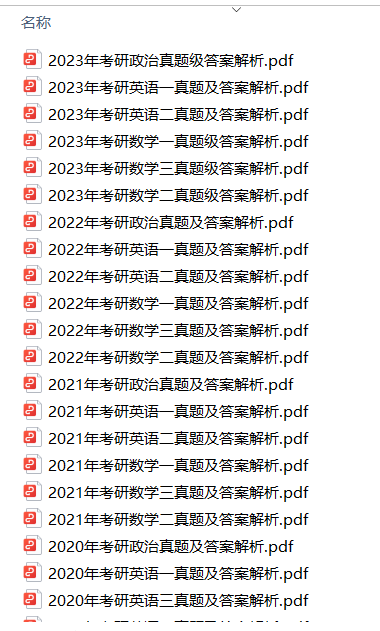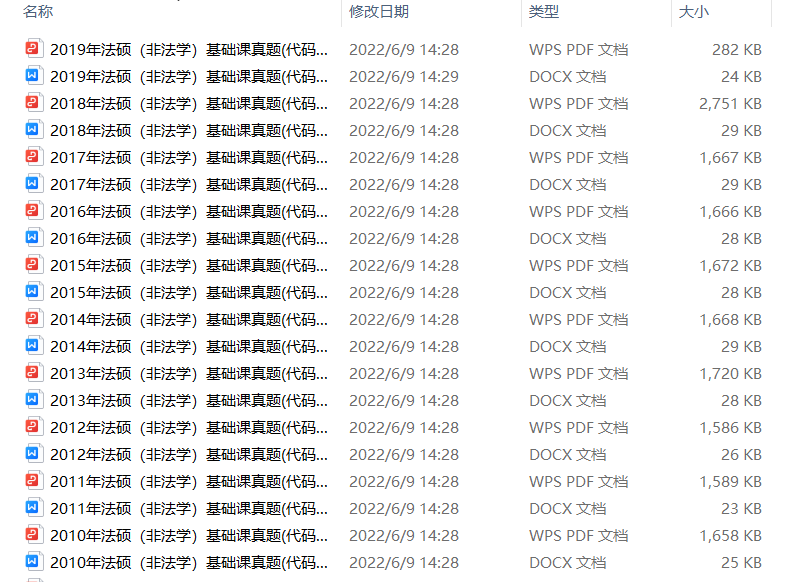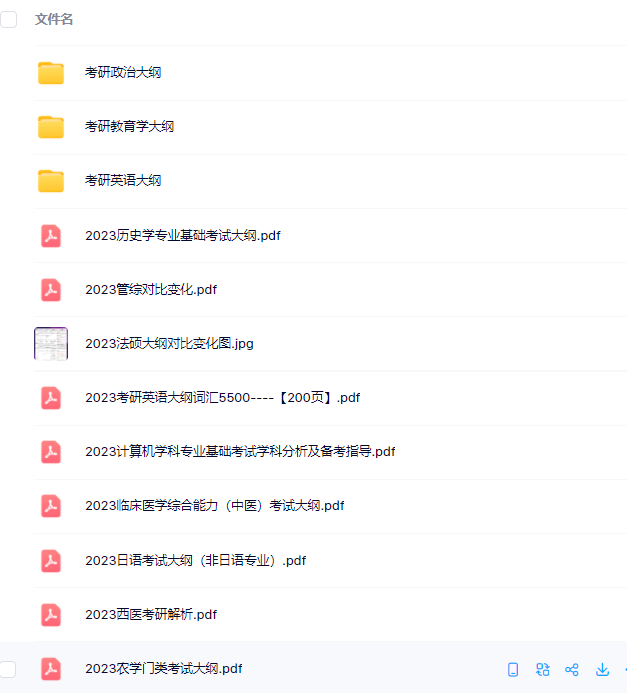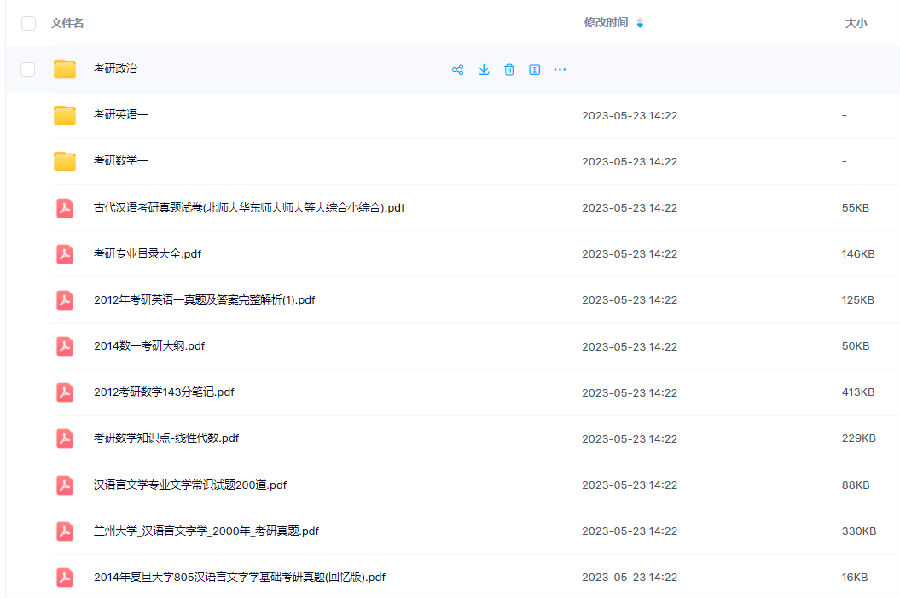特惠-26考研冲刺
特惠-27考研课
双证-在职硕士
免联考-同等学力
复试分数线
26复试全面指导
模拟复试面试
26考研-全套真题
26考研估分
保研-路线图
27考研-智能择校
27考研-英语测评
27考研-新大纲对比
热门-计算机择校

扫码加入训练营
牢记核心词
学习得礼盒
考研英语阅读理解提分没有捷径,只有通过多阅读多做题才能够提高阅读速度和把握做题的技巧。新东方在线编辑奉上考研英语报刊文章阅读及剖析,希望备战2015年的考生能够不断拓展知识面,理论结合实践,提升阅读理解能力。
考研英语报刊文章阅读及剖析(6)
A judge flunks Cleveland's use of vouchers for parochial schools. But will that stall the movement?
Walter Milancuk's public-school horror story began early, when his son Derrick spent kindergarten in an overcrowded roomful of students who regularly fought in class and cursed the teacher. Milancuk wanted to transfer Derrick, but his salary as a forklift driver couldn't cover private-school tuition. Yet Milancuk found a way out, thanks to Cleveland's pioneering school-voucher program, which granted him close to $1,500 in state funds to help enroll Derrick at St. Stanislaus, a nearby Catholic school. Now Derrick wears a crisp uniform. His reading has improved. And the weekly Mass and Bible study have moved Derrick to say his daily prayers without prompting. Says his dad, "The school is really building his faith."
That may prove to be more of a curse than a blessing. Last week a federal judge struck down Cleveland's voucher program, ruling that it violates the constitutional separation of church and state. Citing Jefferson and Madison, Judge Solomon Oliver Jr. wrote that because four-fifths of the private schools participating in the voucher program are religious, the program robs parents of "genuine choice" between sectarian and secular schools, thus "advancing religion through government-supported religious indoctrination." The decision is the fourth in recent months to bar the use of vouchers in parochial schools, and voucher opponents--mainly teachers' unions and liberal interest groups--see it as a major victory.
Voucher backers--an unusual coalition of inner-city parents and conservative groups--retort that the judge misread both the Cleveland program and the First Amendment. They point out that Cleveland parents who don't like parochial schools can send their kids to the city's regular public schools, or to public charter schools and magnet schools. Clint Bolick, a lawyer for the Institute for Justice, which defended the voucher program, says, "No one can compel a child into the program or into a religious school."
Despite its recent setbacks, the voucher movement is gaining ground in state legislatures and some state courts. This fall Florida started the first statewide voucher program. And the Wisconsin Supreme Court upheld the use of vouchers in parochial schools in Milwaukee. In the presidential campaign, G.O.P. candidates John McCain and George W. Bush are trumpeting voucher proposals. While Vice President Al Gore launched an ad that calls vouchers a "big mistake," his Democratic opponent Bill Bradley supports them, at least as "experiments."
Though the U.S. Supreme Court has refused to hear several school-choice cases, legal experts suspect the more clear-cut Cleveland case might prod it into action. In the meantime, Judge Oliver is allowing Derrick Milancuk and nearly 4,000 other students in the Cleveland voucher program to remain in their schools while his ruling is on appeal.
By Jodie Morse Time; 12/31/99, Vol. 154 Issue 27, p220, 2/3p, 1c
注(1):本文选自By Jodie Morse Time; 12/31/99, Vol. 154 Issue 27, p220, 2/3p, 1c
注(2):本文习题命题模仿对象2004年真题text 2
1.What does the author intend to illustrate with Derrick’s change of performance in different schools?
[A] the role voucher program plays in helping children get better education
[B] the change a parochial school can bring to a child
[C] the poor education quality of public schools
[D] the importance of enrolling kids of poor performance in private schools
2.What can we infer from the second paragraph?
[A] Parents do not have a choice when they send their children to religious schools.
[B]. The judge’s ruling is helpful in building better public schools.
[C] Teaching religious stuff in schools is a violation of the Constitution.
[D] Teachers of public schools do not welcome the idea of voucher program.
3.What does “advance religion through government-supported religious indoctrination” (Line 5, Paragraph 2) mean?
[A] promote religious ideas in public schools with government support
[B] collect government resources to support religious activities
[C] help religious schools use public fund to spread religious ideas
[D] allow religion to interfere with government work
4. The 4th paragraph suggests that _________________.
[A] Judge Oliver’s ruling has caused political debate between the Republicans and the Democrats.
[B] George W. Bush is in favor of voucher program.
[C] Voucher program does more good than harm.
[D] Democrats have a low opinion of voucher program.
5. Which of the following is true according to the text?
[A] The author thinks that voucher program is more of a curse than a blessing.
[B] The U.S Supreme Court will not support voucher program.
[C] Parents will have no choice but send their children to religious schools if they join in the voucher program.
[D] Voucher program is still a controversial issue in legal and political areas.
答案:A D C B D
篇章剖析
本篇文章以具体事例为引子,采用对比分析的方法,就教育券计划在美国所产生的广泛影响进行分析。在第一段以一个具体事例说明教育券计划给米兰卡克的儿子德里克带来的变化,接着在第二段说明教育券计划引发的争论和司法诉讼,在第三段提出支持者的意见,第四段和第五段说明教育券计划正逐渐赢得司法的支持。
【英语阅读资料】这里有↑↑↑

 资料下载
资料下载
2014年-2025年考研历年真题汇总
发布时间:2024-04-25扫码添加【考研班主任】
即可领取资料包
考研大纲PDF电子版下载-历年(附解析)
发布时间:2024-04-25扫码添加【考研班主任】
即可领取资料包
2026年考研政数英备考资料zip压缩包
发布时间:2024-04-25扫码添加【考研班主任】
即可领取资料包
考研英语大纲词汇5500打印版(基础必备)
发布时间:2024-04-25扫码添加【考研班主任】
即可领取资料包
新东方在线考试模拟题【12套】
发布时间:2024-04-25扫码添加【考研班主任】
即可领取资料包
2026年考研专业课知识点总结
发布时间:2024-04-25扫码添加【考研班主任】
即可领取资料包
新东方考研资料下载地址
发布时间:2023-05-17新东方在线考研资料合集
下载方式:微信扫码,获取网盘链接

目录:
1.2013-2023年近10年政数英真题及解析PDF版(新东方)
2.2013-2023年专业课考试历年真题及解析PDF版
3.24考研复习备考资料大合集:大纲+备考资料+词汇书+考前押题+自命题
资料介绍:
1.2013-2023年近10年政数英真题及解析PDF版(新东方)
 、
、
2.2013-2023年专业课考试历年真题及解析PDF版


3.24考研复习备考资料大合集

3.24考研复习备考资料:考研大纲

3.24考研复习备考资料:政数英备考资料+自命题真题

------------------
考研备考过程中,尤其是专业课部分,参考往年的考试真题,对于我们的复习有更好的帮助。北京大学考研真题资料都有哪些?小编为大家进行了汇总。
北京大学考研真题资料-公共课

北京大学考研真题资料-专业课


以上就是关于“北京大学考研真题资料下载(历年汇总)”的整理,更多考研资料下载,请关注微信获取下载地址。
2024考研公共课必背知识点汇总
发布时间:2023-01-03扫码添加【考研班主任】
即可领取资料包
2013-2023考研历年真题汇总
发布时间:2023-01-03扫码添加【考研班主任】
即可领取资料包
考研英语大纲词汇(PDF可打印)
发布时间:2023-01-03扫码添加【考研班主任】
即可领取资料包
2024考研专业课知识点总结
发布时间:2023-01-03扫码添加【考研班主任】
即可领取资料包
2023考研政治 内部押题 PDF
发布时间:2022-11-16扫码添加【考研班主任】
即可领取资料包
徐涛:23考研预测六套卷
发布时间:2022-11-16扫码添加【考研班主任】
即可领取资料包
考研政数英冲刺资料最新整理
发布时间:2022-11-16扫码添加【考研班主任】
即可领取资料包
23考研答题卡模板打印版
发布时间:2022-11-16扫码添加【考研班主任】
即可领取资料包
2023考研大纲词汇5500PDF电子版
发布时间:2022-07-28扫码添加【考研班主任】
即可领取资料包
考研历年真题(公共课+专业课)
发布时间:2022-07-28扫码添加【考研班主任】
即可领取资料包
考研英语阅读100篇附解析及答案
发布时间:2022-01-07扫码添加【考研班主任】
即可领取资料包
新东方考研学霸笔记整理(打印版)
发布时间:2022-01-07扫码添加【考研班主任】
即可领取资料包
2001-2021年考研英语真题答案(可打印版)
发布时间:2022-01-07扫码添加【考研班主任】
即可领取资料包
考研英语词汇5500(完整版下载)
发布时间:2022-01-07扫码添加【考研班主任】
即可领取资料包
2022考研政审表模板精选10套
发布时间:2022-01-07扫码添加【考研班主任】
即可领取资料包
历年考研真题及答案 下载
发布时间:2021-12-09扫码添加【考研班主任】
即可领取资料包
考研政审表模板汇总
发布时间:2020-06-17扫码添加【考研班主任】
即可领取资料包
近5年考研英语真题汇总
发布时间:2020-06-17扫码添加【考研班主任】
即可领取资料包
考研英语大纲词汇5500
发布时间:2020-06-17扫码添加【考研班主任】
即可领取资料包
2022考研12大学科专业排名汇总
发布时间:2019-11-21扫码添加【考研班主任】
即可领取资料包
2023考研政治复习备考资料【珍藏版】
发布时间:2019-11-21扫码添加【考研班主任】
即可领取资料包
考研英语万能模板+必备词汇+范文
发布时间:2019-11-21扫码添加【考研班主任】
即可领取资料包
考研数学一、二、三历年真题整理
发布时间:2019-11-21扫码添加【考研班主任】
即可领取资料包

添加班主任领资料
添加考研班主任
免费领取考研历年真题等复习干货资料

 推荐阅读
推荐阅读
为了让考研的同学更高效地复习考研英语,新东方在线考研频道整理了“考研英语1阅读错几个后的复习计划”,考研的同学可以了解一下,希望对大家有所帮助。
为了让考研的同学更高效地复习考研英语,新东方在线考研频道整理了“考研英语二阅读篇数及题型分析”,考研的同学可以了解一下,希望对大家有所帮助。
为了让考研的同学更高效地复习考研英语,新东方在线考研频道整理了“考研英语阅读理解的总结与反思”,考研的同学可以了解一下,希望对大家有所帮助。
来源 : 网络 2025-06-13 08:02:00 关键字 : 考研英语阅读理解
为了让考研的同学更高效地复习考研英语,新东方在线考研频道整理了“提高考研英语一阅读理解的五大策略”,考研的同学可以了解一下,希望对大家有所帮助。
为了让考研的同学更高效地复习考研英语,新东方在线考研频道整理了“探索考研英语阅读文章的逻辑结构”,考研的同学可以了解一下,希望对大家有所帮助。
来源 : 网络 2025-06-12 08:03:00 关键字 : 考研英语阅读

 资料下载
资料下载
扫码添加【考研班主任】
即可领取资料包
扫码添加【考研班主任】
即可领取资料包
扫码添加【考研班主任】
即可领取资料包
扫码添加【考研班主任】
即可领取资料包
扫码添加【考研班主任】
即可领取资料包
扫码添加【考研班主任】
即可领取资料包
新东方在线考研资料合集
下载方式:微信扫码,获取网盘链接

目录:
1.2013-2023年近10年政数英真题及解析PDF版(新东方)
2.2013-2023年专业课考试历年真题及解析PDF版
3.24考研复习备考资料大合集:大纲+备考资料+词汇书+考前押题+自命题
资料介绍:
1.2013-2023年近10年政数英真题及解析PDF版(新东方)
 、
、
2.2013-2023年专业课考试历年真题及解析PDF版


3.24考研复习备考资料大合集

3.24考研复习备考资料:考研大纲

3.24考研复习备考资料:政数英备考资料+自命题真题

------------------
考研备考过程中,尤其是专业课部分,参考往年的考试真题,对于我们的复习有更好的帮助。北京大学考研真题资料都有哪些?小编为大家进行了汇总。
北京大学考研真题资料-公共课

北京大学考研真题资料-专业课


以上就是关于“北京大学考研真题资料下载(历年汇总)”的整理,更多考研资料下载,请关注微信获取下载地址。
扫码添加【考研班主任】
即可领取资料包
扫码添加【考研班主任】
即可领取资料包
扫码添加【考研班主任】
即可领取资料包
扫码添加【考研班主任】
即可领取资料包
扫码添加【考研班主任】
即可领取资料包
扫码添加【考研班主任】
即可领取资料包
扫码添加【考研班主任】
即可领取资料包
扫码添加【考研班主任】
即可领取资料包
扫码添加【考研班主任】
即可领取资料包
扫码添加【考研班主任】
即可领取资料包
扫码添加【考研班主任】
即可领取资料包
扫码添加【考研班主任】
即可领取资料包
扫码添加【考研班主任】
即可领取资料包
扫码添加【考研班主任】
即可领取资料包
扫码添加【考研班主任】
即可领取资料包
扫码添加【考研班主任】
即可领取资料包
扫码添加【考研班主任】
即可领取资料包
扫码添加【考研班主任】
即可领取资料包
扫码添加【考研班主任】
即可领取资料包
扫码添加【考研班主任】
即可领取资料包
扫码添加【考研班主任】
即可领取资料包
扫码添加【考研班主任】
即可领取资料包
扫码添加【考研班主任】
即可领取资料包

 阅读排行榜
阅读排行榜
 相关内容
相关内容